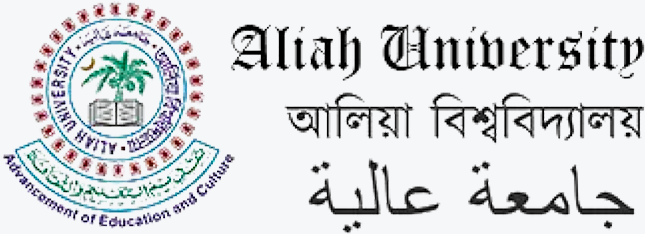Journal of Educare
Published by Department of Education
Volume-1 Issue-1, 2024
Published By: Dept. of Education, Aliah University
Published By: Dept. of Education, Aliah University
WOMEN EMPOWERMENT IN THE MATUA RELIGION: THE ROLE OF GURUCHAND THAKUR
Affiliation:Nirwan University, Jaipur, Rajasthan
Author(s): Haridas Biswas and Gaurav Singh
Corresponding Author Email:haridasbiswas9@gmail.com
ISSN No: 3048-9652 (Online)
Year: July, 2024 | Volume: 1 | Issue: 1 | Page No: 25-32
Guruchand Thakur, women empowerment, educational reforms, gender equality, Matua community.
This study explores the impact of Guruchand Thakur on women's empowerment within the Matua religion, examining his contributions to educational and social reforms. Guruchand Thakur, a prominent leader of the Matua movement, significantly transformed the status of women in the late th th 19 and early 20 centuries through pioneering educational initiatives and progressive social reforms.Utilizing a mixed-methods approach, the research combines historical analysis, qualitative interviews, and contemporary evaluations to assess the enduring effects of Thakur's reforms. Historical records and archival research provide context on his efforts to promote literacy and challenge traditional gender roles. Qualitative data from interviews and focus groups reveal personal accounts of how these reforms have shaped the lives of Matua women. Contemporary evaluations through surveys and comparative analysis offer insights into the relevance of his principles in addressing current challenges.The findings highlight the substantial impact of Guruchand Thakur's reforms on increasing educational attainment, economic independence, and social participation among Matua women. The study underscores the continued relevance of his vision in contemporary gender equality and social justice movements. Despite significant progress, ongoing challenges persist, necessitating sustained efforts and policy interventions to build on Thakur's legacy.This research contributes to a deeper understanding of the historical and contemporary dimensions of women's empowerment within the Matua community and provides valuable lessons for broader social reform initiatives.

